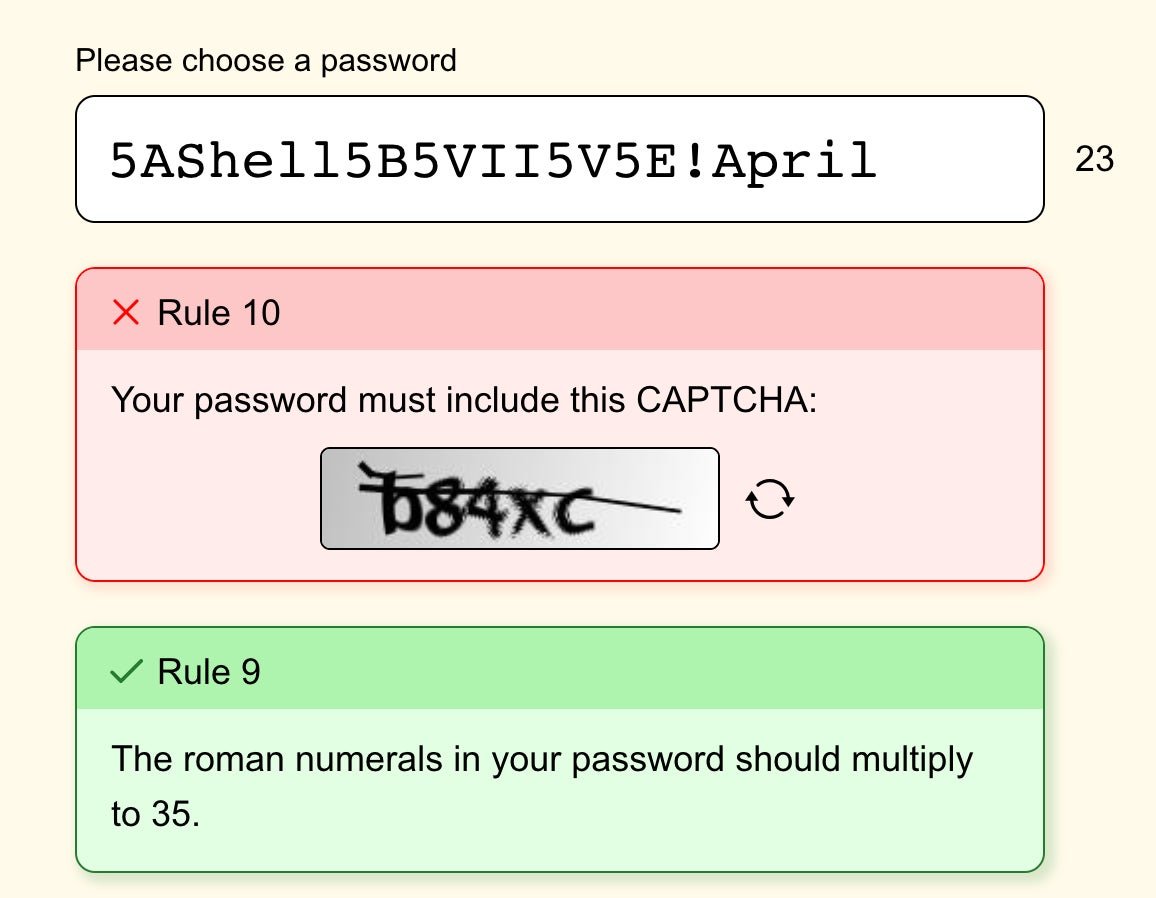🌏 China’s countermove
Plus: In search of the unbreakable password

Good morning, Quartz readers!
Suggested Reading
Here’s what you need to know
China passed a new foreign policy law. It consolidates Beijing’s legal grounds to counter Western sanctions—and president Xi Jinping’s power.
Related Content
Europe is seeing a tale of two inflationary trends. Consumer prices are now rising in Germany, but Spain instead is below the 2% policy target set by the European Central Bank.
Virgin Galactic finally flew paying passengers to space. The milestone may have come too late to keep the company in business.
Shein has reportedly filed for a US IPO. China’s fast fashion giant is coming to the US stock market, according to Reuters.
Microsoft believes in poly-game-y, not monopoly
“I grew up in a company that always believed that software should run on as many platforms as possible.”
—Microsoft CEO Satya Nadella, speaking at a San Francisco court on June 28, to dispel antitrust concerns about his firm’s desired purchase of Activision Blizzard.
US regulators think a buyout of the gaming giant—which has developed titles like Call of Duty—could help Microsoft game the system. Quartz reporter Ananya Bhattacharya details how Nadella pushed back, arguing that the company is no fan of exclusivity.
In search of the unbreakable password

If you’re looking to beef up your internet security, look no further than the Password Game. The viral website will help you transform your go-to “password123” into an unrecognizable keyboard smash, but not without jumping through some hoops. (We recommend you have some chess moves handy.)
Quartz’s Faustine Ngila reveals some of the Ingr3d!ent5 needed to create an unshakeable shibboleth.
One big number: $2 billion
The US Department of Justice (DOJ) is going after one of the largest healthcare fraud schemes in its history. Current and former executives at DMERx—an online platform that created and sold templates of doctors’ orders—were accused of creating fraudulent orders to the tune of more than $1.9 billion.
Ananya Bhattacharya looks into these charges and the broader DOJ’s efforts to prosecute scammers who exploit care programs meant to support vulnerable groups, including elderly people, people with disabilities, opioid addicts, and people at risk of HIV exposure.
Quartz’s most popular
🏛️ The end of affirmative action upends decades of race-conscious college admissions
Surprising discoveries
A popular street snack got in trouble with the Bank of Korea. Sibwonppang looks a little too similar to the country’s currency.
Octopi slumber like you and I. They also go through two sleep stages, but the jury’s still out on whether or not they dream.
Early humans may have eaten other humans. But that was like a million years ago, and was done for nutritional reasons (we think).
Microwaves might make insecticides more lethal. Bednets laced with deltamethrin could be more effective after they’re reheated.
Dolphins use baby-talk with their calves. It sounds a little like “Eie-eeee-eeeeeeeeheee” (but make it high-pitched and cute).
Our best wishes for a productive day. Send any news, comments, Korean street snacks, and octopus dreams to [email protected]. Reader support makes Quartz available to all—become a member. Today’s Daily Brief was brought to you by Sofia Lotto Persio and Julia Malleck.